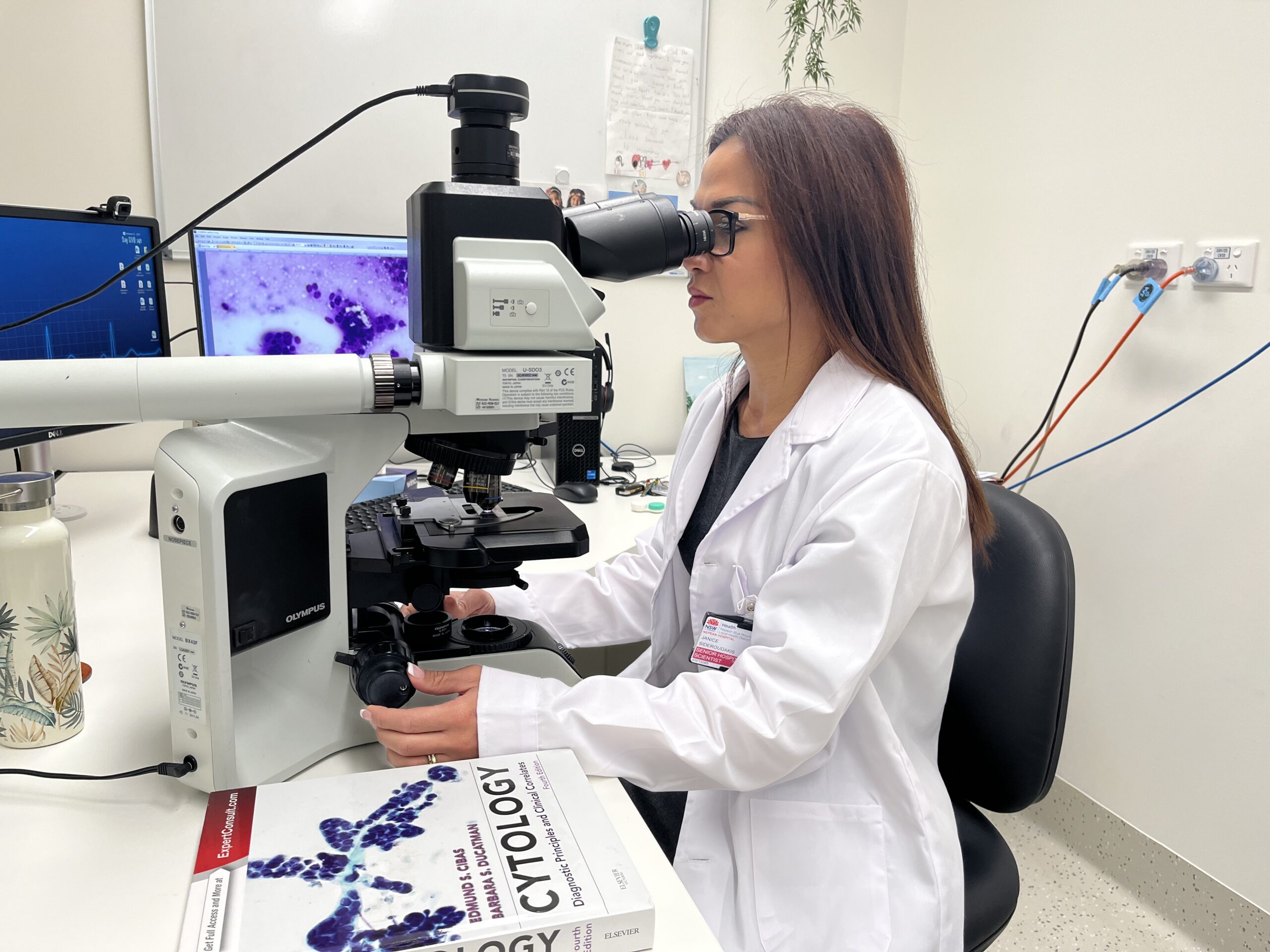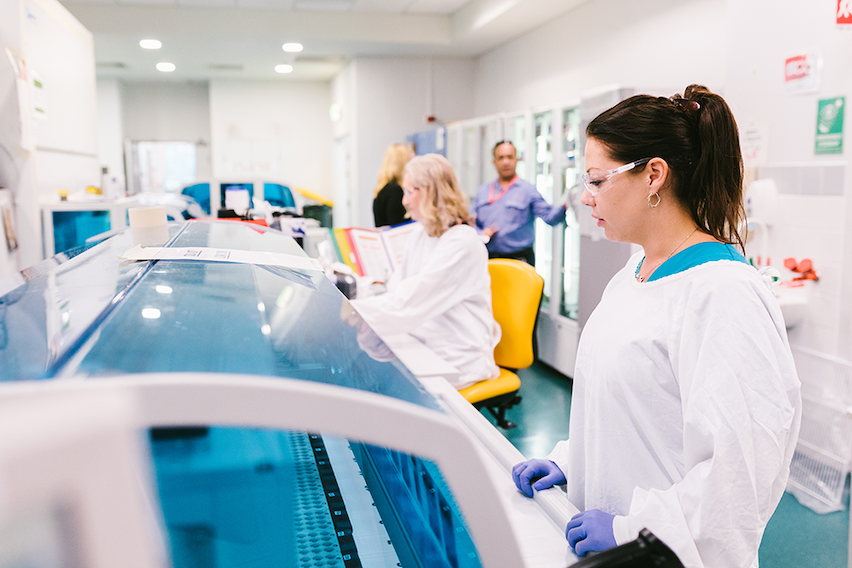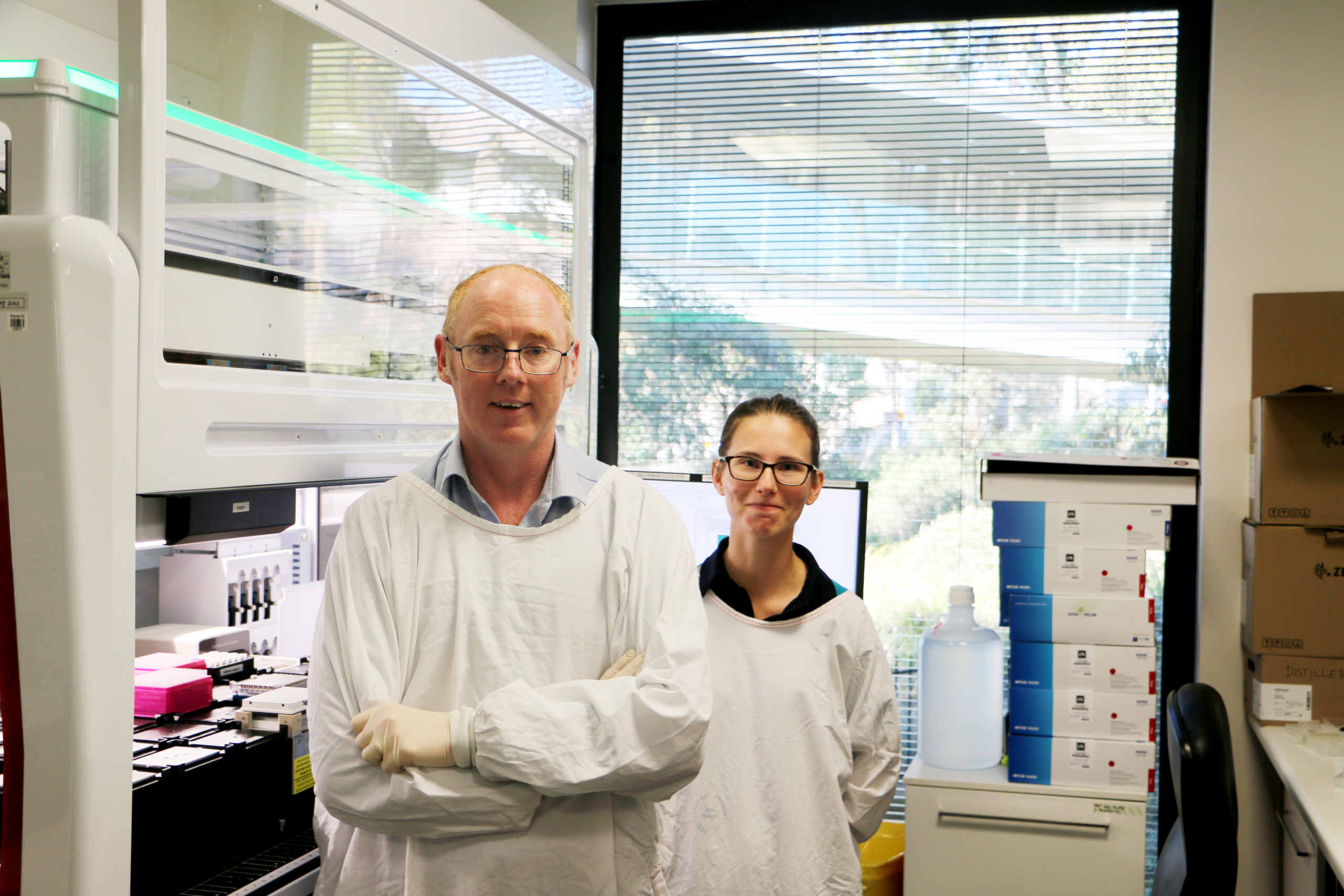Anatomical Pathologists examine tissues and organs to determine the causes and effects of particular diseases such as cancer. The findings are fundamental to medical diagnosis, patient management and research. They may also examine deceased patients.
Pathologists can examine a broad range of specimen types across all areas of Histopathology and Cytopathology including lymph nodes, breast, skin, lung, gastrointestinal, urological and gynaecological specimens and may become specialised in a particular area.
We liken Anatomical Pathologists to medical detectives. They combine patient information from referring doctors and imaging results, together with macroscopic and microscopic examination of tissues and other tests such as Immunohistochemistry and Molecular Pathology, to make a diagnosis.
They work closely with other medical specialists including Oncologists, Surgeons and Radiologists, meeting together regularly to help determine the best course of treatment for patients.
Training
After completing a basic medical degree and at least 2 years of postgraduate clinical work, registrars undertake 5 years of training in a position accredited by the Royal College of Pathologists of Australasia.
Anatomical Pathologists are in short supply across Australia and the world. NSW Health Pathology is committed to recruiting, training and retaining the next generation of pathologists as part of the NSW Anatomical Pathology Training Program which employs the most Anatomical Pathology registrars in Australia.
The Anatomical Pathology Training Program encompasses over 90 training positions in rural, regional and metropolitan labs across NSW, including public and private settings and in sub-specialty areas such as Neuropathology and Paediatric Anatomical Pathology, enabling registrars to rotate and gain experience in a variety of settings.
According to the RCPA:
“Anatomical pathologists need a keen eye for detail as well as a broad-based knowledge and understanding of the pathological and clinical aspects of many diseases. If you have an inquisitive mind, an urge for problem-solving, attention to detail and are interested in the root cause of disease and how diseases evolve, then anatomical pathology may be a career for you.”
Recruitment for registrar positions is undertaken as part of the NSW Annual Medical Recruitment campaign, commencing around July each year.
Contact us
To find out more contact the Medical Workforce Unit:
Junior Medical Officers queries
Dr. Lisa Parker
Anatomical Pathology Training Coordinator
View Profile







